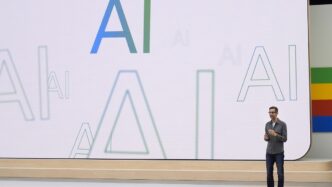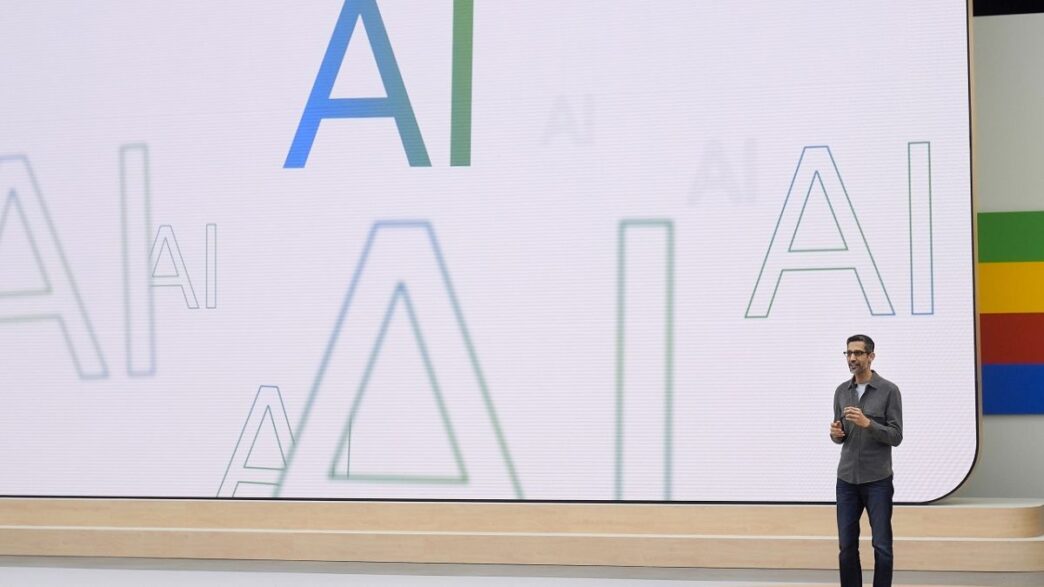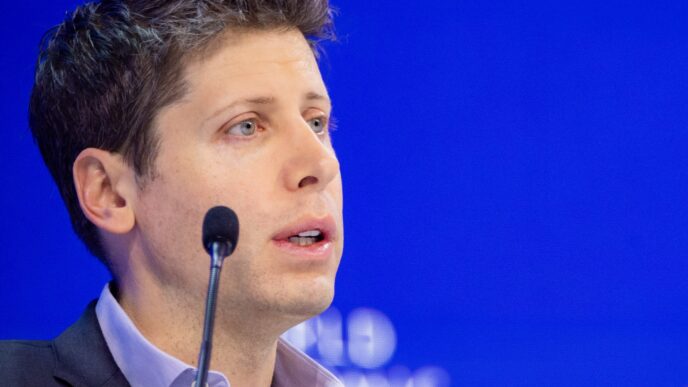Meta won’t sign up for the EU’s new voluntary Code of Practice on general purpose AI. The code kicks in just a week before the EU’s AI Act enforcement, targeting tools like ChatGPT and Gemini.
Meta slammed the rules for killing innovation and raising legal doubts. Joel Kaplan, Meta’s Chief Global Affairs Officer, said Europe is heading the wrong way on AI.
“Europe is heading down the wrong path on AI.”
“After ‘carefully reviewing’ the Code, Meta will not sign because the document ‘introduces a number of legal uncertainties for model developers, as well as measures which go far beyond the scope of the AI Act,’” Kaplan added.
Anthropic, the maker of AI assistant Claude and a ChatGPT rival, just declared it will sign the Code. The company says it backs the code’s push for transparency, safety, and accountability.
“We believe the Code advances the principles of transparency, safety and accountability—values that have long been championed by Anthropic for frontier AI development,” the company said in a statement.
“If thoughtfully implemented, the EU AI Act and Code will enable Europe to harness the most significant technology of our time to power innovation and competitiveness.”
OpenAI is also on board, urging Europe to empower innovators and builders.
Microsoft President Brad Smith said Microsoft will “likely” sign, aiming to be a “voice of reason” amid geopolitical tensions.
Other Big Tech players like Amazon and Google haven’t said where they stand yet.
Experts note that companies refusing to sign must still comply with the AI Act once it’s active on August 2. Signing mainly offers legal clarity and might reduce inspections. The European Commission will drop the full list of signatories on August 1.
The Code tackles transparency, copyright, security, and aligns with the AI Act’s framework. It’s voluntary but closely tied to the upcoming law, stirring debate about innovation vs. regulation in AI’s future.












